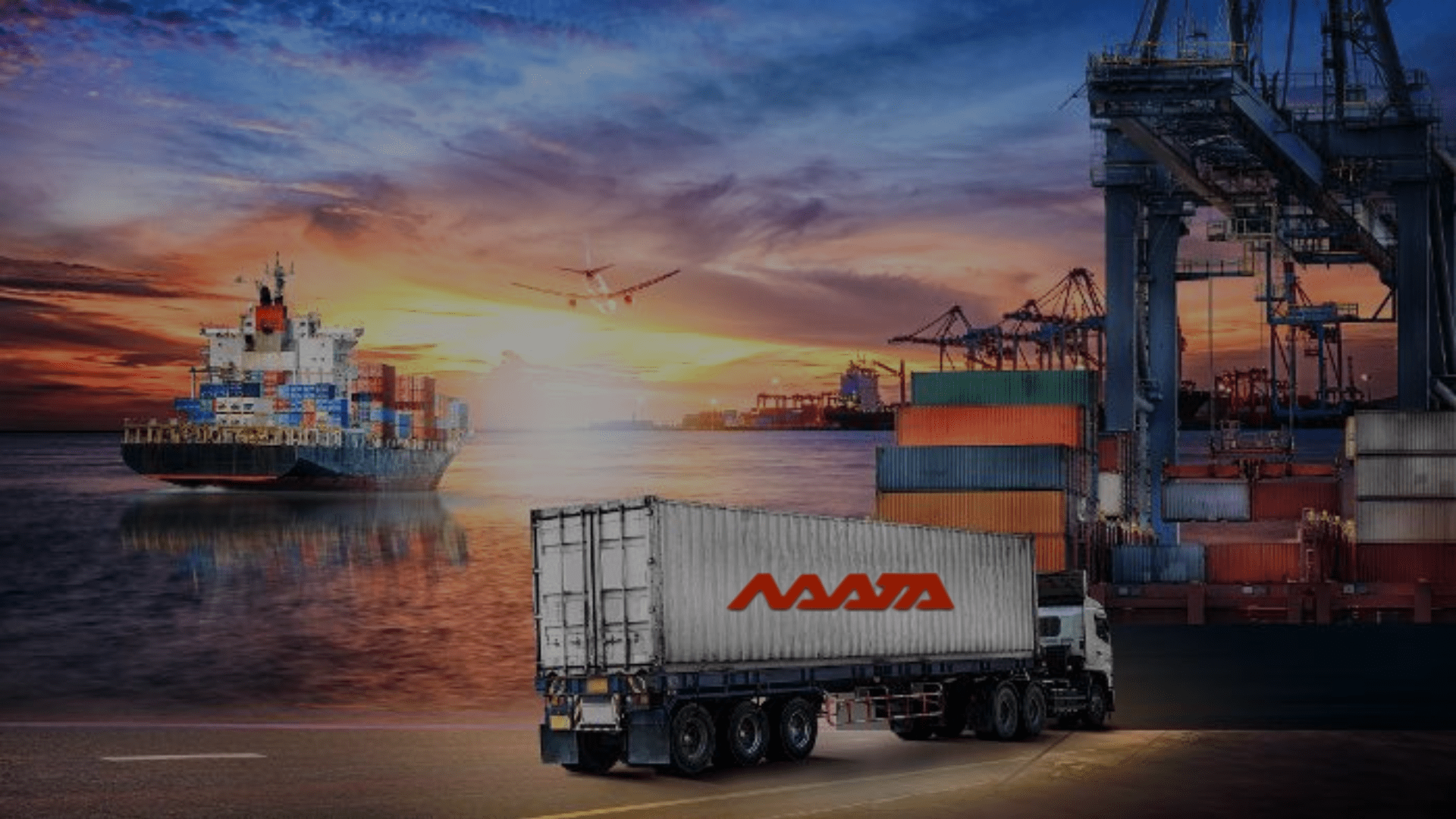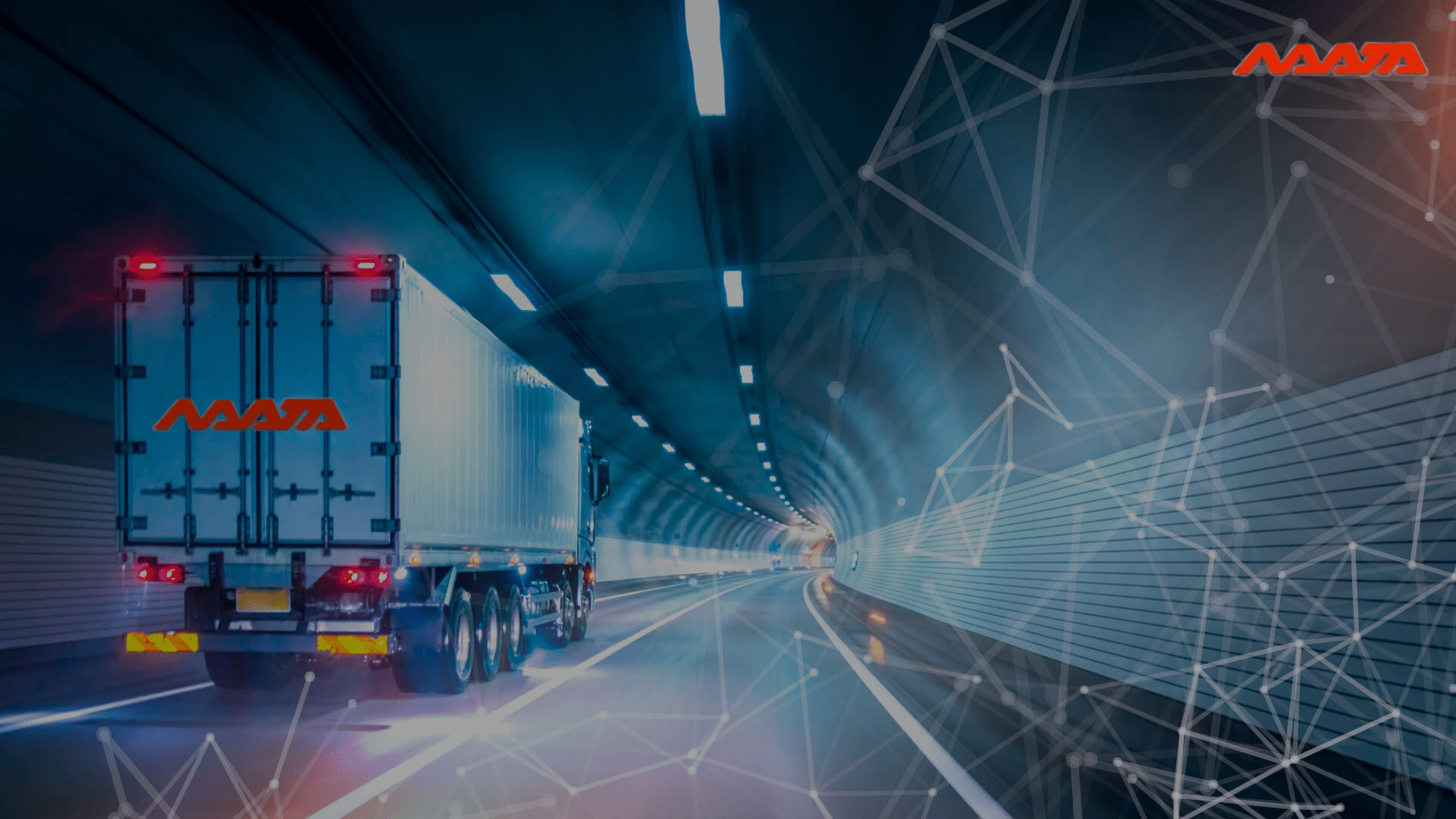Understanding Transportation Costs: Concept & Factors
Table of Contents
What is Transportation Costs?
The term “transportation costs” refers to the whole budget for moving everything from raw materials to completed goods to staff. It’s the cash that pays for getting everything in motion so that clients may anticipate receiving their orders on schedule.
It varies widely from company to business as to which one is the most expensive. It will take away the vast bulk of your profits if you run a distribution business. Fewer salespeople on the field may be acceptable for a software firm.
You Might Also Like To Read: 6 Effective Ways to Reduce Shipping Costs

Understanding Transportation Costs
The largest portion of the budget goes toward transportation costs. They have the potential to influence crucial facets of a company, such as product pricing and market share. This is why transportation cost reduction is a constant goal for many businesses.
The total amount spent on transportation may be affected by a number of variables. The business’s industry, size, organizational structure, and complexity of operations, as well as its physical location, all have a role. Some Key Performance Indicators (KPIs) to Think About When Analyzing Transportation Expenses
- Relative Cost of Traveling
- Cost of Transportation
- Average Cost per Km of Operation
- Constant Costs
- Variable Expenses
- Cost per delivery
Today, transportation expenses account for between 40 and 50 percent of overall logistics costs and between 4 and 10 percent of the selling price of finished goods, making them a key issue for the logistics industry and other businesses. That transportation choices have an impact on overall logistics expenses and other costs throughout the business is now fairly obvious.
As we now understand the significant role transportation plays in logistics, we can begin to consider viable solutions to the problem of rising costs.
When it comes to logistics, it’s important for the organization to focus heavily on transportation management, which includes all of the process’s day-to-day tasks. To effectively manage the transportation procedure and run the logistics system, the organization needs to recruit individuals with an extensive understanding of transportation prices, services, and regulations on both a national and international scale. Logistics and e-commerce integration is the wave of the future, thanks to the expanding digital industry.
Companies may be able to cut down on unnecessary middlemen if they integrate their operations so that goods may be delivered directly from manufacturers to consumers. If businesses didn’t have to pay to store goods, they could save money and manage their resources more effectively.
Although the last leg of the delivery process is still dependent on the transportation network, the overall cost of getting goods from the factory to the warehouse to the customer is reduced.

Factors Affecting Transportation Costs
The cost of transportation may have an effect on essential aspects of a company. They have the potential to have an impact not just on the prices of items but also on how competitive an organisation is in the market. Let’s take a look at the Factors Affecting Transportation Costs:
Handling
Transport accidents that damage goods and products might add unneeded expenses for businesses. Shipping charges will increase for fragile or perishable items because of the extra care that must be taken during transport.
Fuel costs
Fuel prices have a direct impact on the whole cost of transportation, both sea, and land. Reduced fuel costs translate to lower transportation costs for both container ships and freight vehicles. Directly or via a fuel cost component in a carrier’s pricing mechanism, customers bear the brunt of any savings (or losses). And naturally, if gasoline costs rise, carriers will charge their retail customers more.
Distance
An increase in transportation costs is often due to geographic distance. An excellent method of managing this variable is via the streamlining of transportation networks by shortening the distances between stops along their itineraries.
Inefficient Routes
The foundation of every transportation plan is the establishment of a path that minimizes expenses. The price of transportation might be impacted by a poorly planned route. Nowadays, businesses may automate route planning in a cost-effective manner with the use of digital solutions like vehicle route optimization software.
Volume and Frequency
Your transportation costs can be affected by how much you ship and how often.
Volume
- Rate leverage
- Reduced fees for pickup and drop-off
- More money for the carrier
- Volume commitments/guarantees
Frequency
- Rate leverage
- Enhancements to preparation and efficiency
- Better use of resources

Thanks For Reading: Understanding Transportation Costs: Concept & Factors




